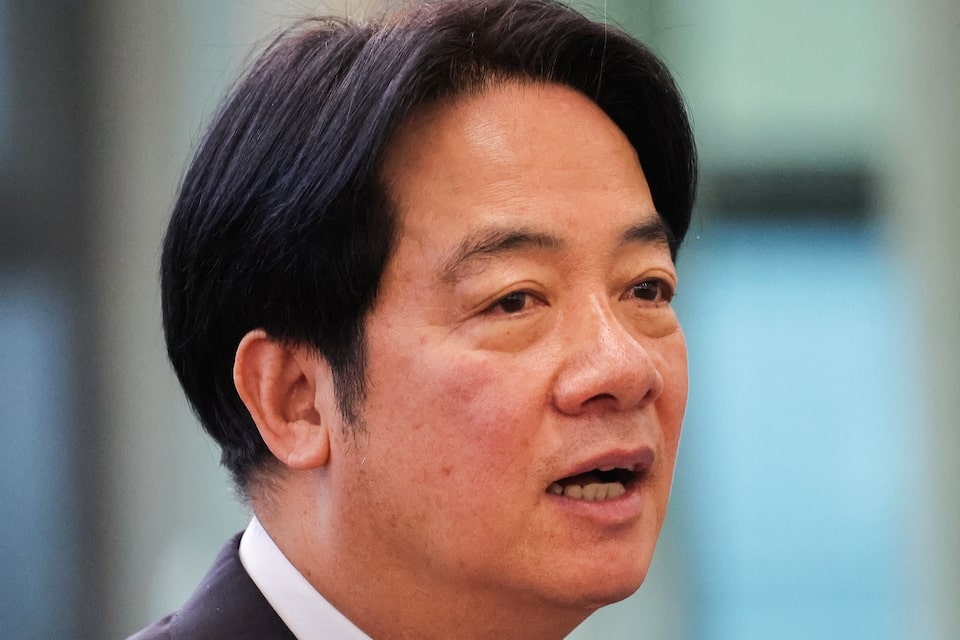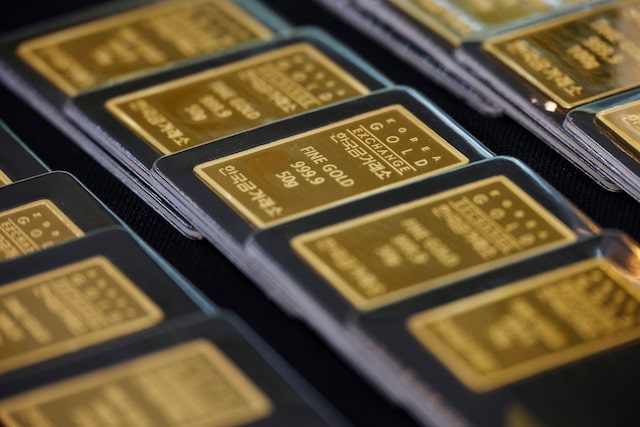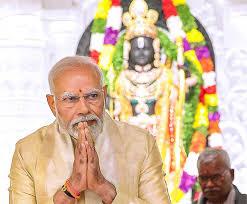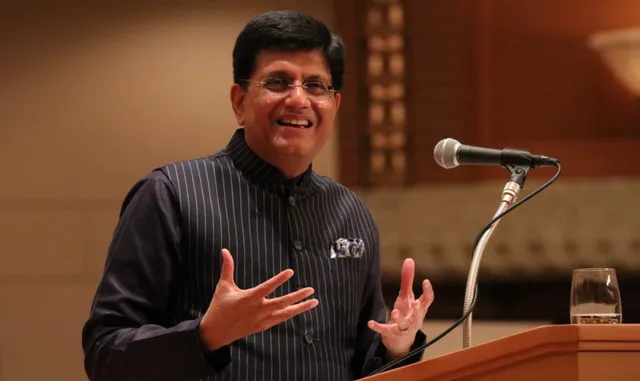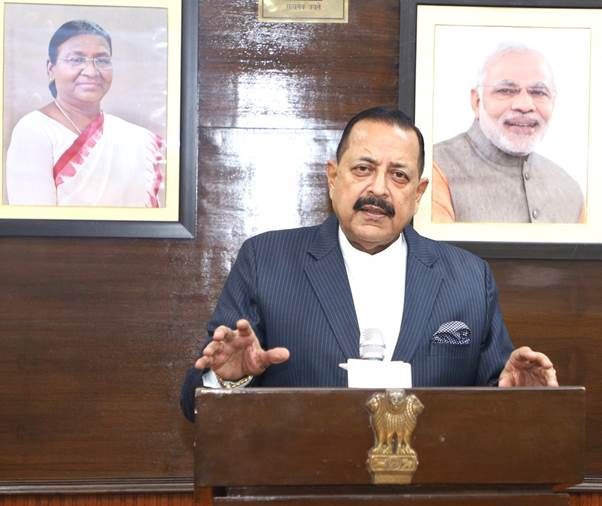Taiwan President Lai Ching-te speaks before leaving for a trip to Hawaii, Guam and the Pacific Island allies at the airport in Taoyuan, Taiwan November 30, 2024. REUTERS
Dec 3 (Reuters) – Taiwan President Lai Ching-te arrived on an official visit to the Marshall Islands on Tuesday, which he said was the first country he had visited since taking office in May, as part of a Pacific tour of diplomatic allies.
China, which views Taiwan as its territory and opposes any foreign interactions or visits by the island’s leaders, has been stepping up military pressure against Taiwan, including two rounds of war games this year.
Arriving in the Marshall Islands capital of Majuro, Lai referred to Taiwan’s indigenous inhabitants as sharing a culture with the Pacific Islands’ first settlers.
“Taiwan and the Marshall Islands share a traditional Austronesia culture as well as the values of freedom and democracy,” he said, in livestreamed remarks as he met President Hilda Heine.
“We are like family. We are also close partners who support each other,” he added.
Austronesian tribes farmed on Taiwan thousands of years before Han settlers from China arrived in the 17th century.
Heine said the Pacific Island nation, which has a defence and funding compact with the United States, and receives significant aid for climate change projects and infrastructure from Taiwan, would deepen ties.
“Your government and people are very close and dear to our hearts,” she said.
“Your state visit also signifies a bilateral relationship that is mature, one that has withstood the test of time and one that I am confident will continue to grow,” she added.
Later addressing parliament, Lai offered financial support for the national airline to upgrade its aging fleet.
“Taiwan will be happy to provide preferential loans to the Marshall Islands to purchase new aircraft for Air Marshall Islands to improve local air services,” he said.
Lai had a two-day U.S. stopover in Hawaii which started on Saturday.
From the Marshall Islands he goes to Tuvalu for a brief trip, then a one-night stopover in the U.S. territory of Guam before going to Palau.
Lai arrives back in Taipei late on Friday.
Reporting by Kirsty Needham in Sydney; Additional reporting by Ben Blanchard in Taipei; Editing by Stephen Coates and Raju Gopalakrishnan

